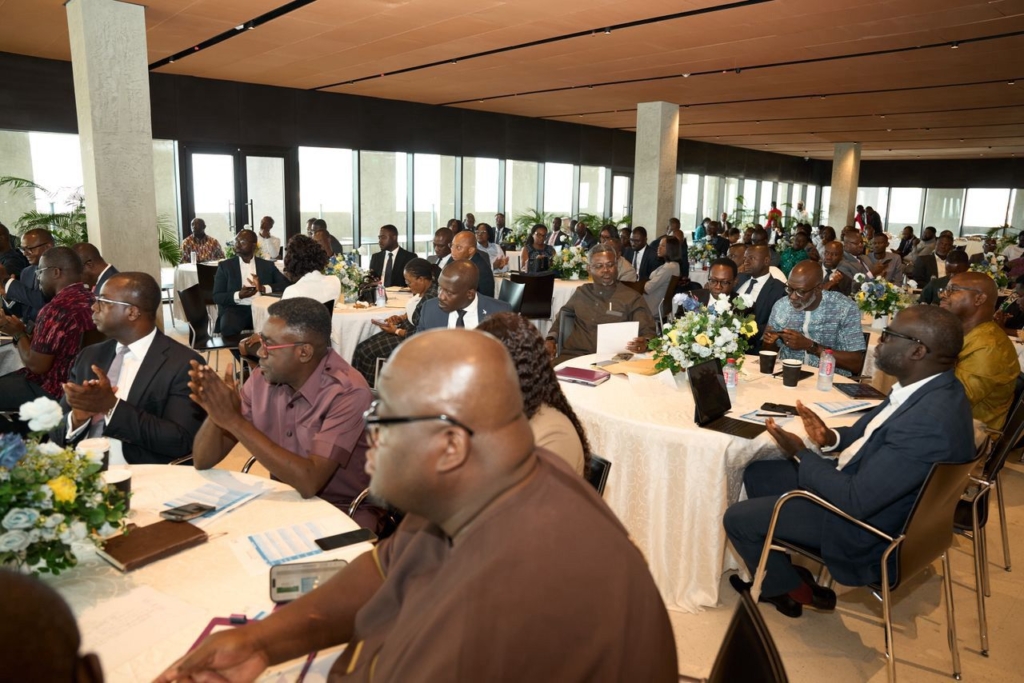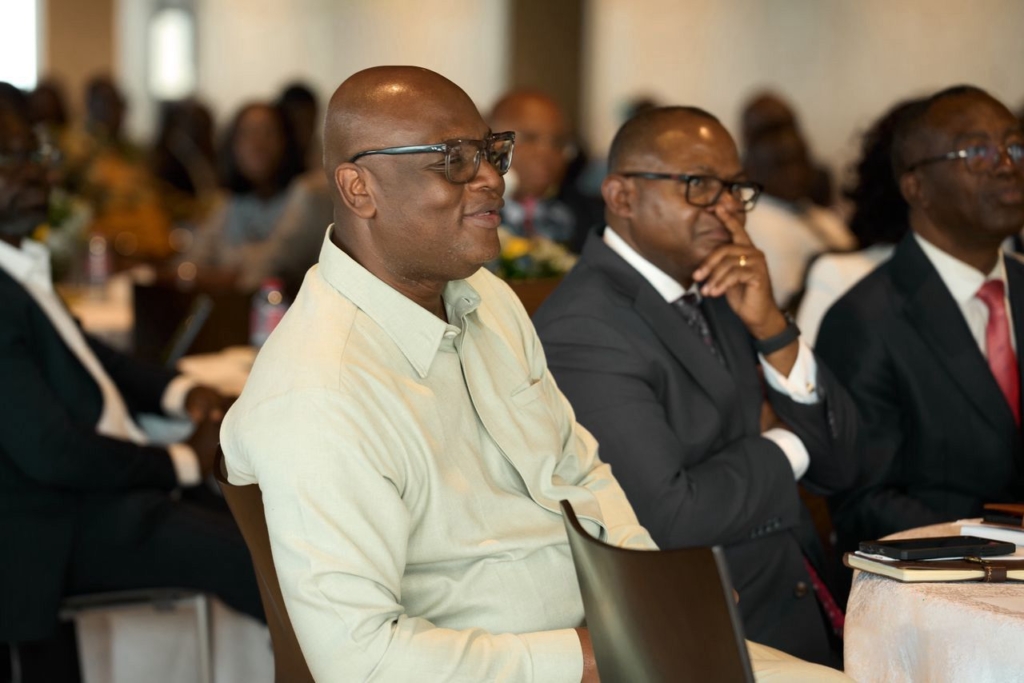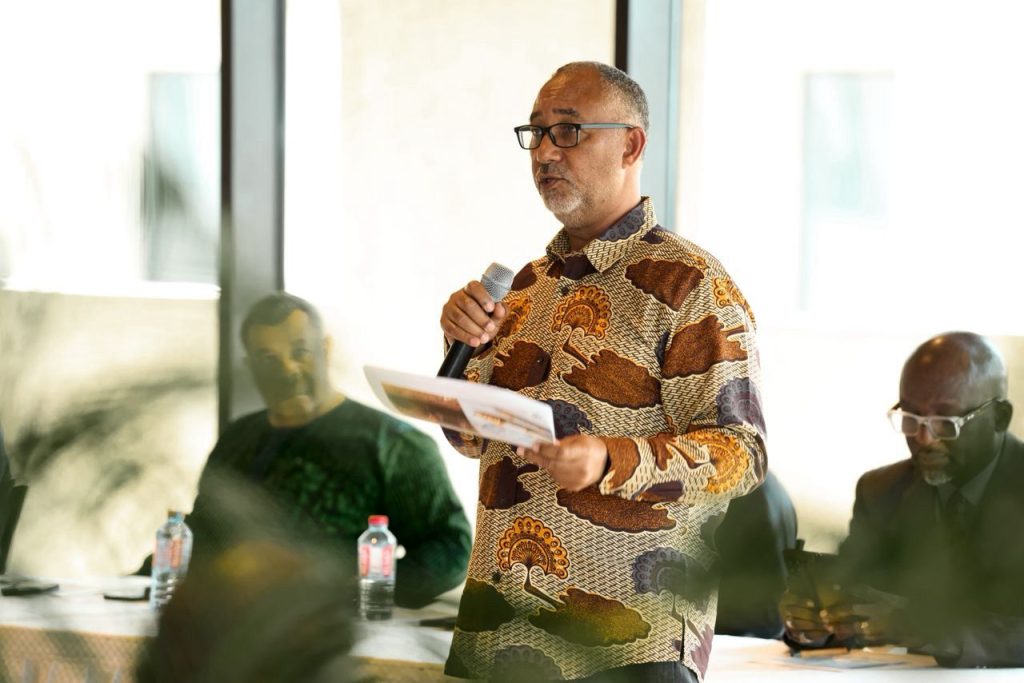Alexander Kofi-Mensah Mould, Chief Executive Officer of the Millennium Development Authority (MiDA), has assured local and international investors that projects under Ghana’s 24-Hour Economy and Accelerated Export Development (24H+) initiative are not only viable but also built on strong foundations of transparency and accountability.
Speaking at the 24H+ Capital Market Operators Roundtable in Accra, Mr. Mould addressed concerns raised by capital market players about government-related investment risks.
Participants cited challenges such as corruption in procurement processes, political interference in contract execution, and the historical pattern of discontinuing development projects after changes in government.
Mr. Mould — a respected finance expert and former Executive Director at Standard Chartered Bank — responded with confidence, emphasizing that these 24-hour economy projects are “bankable.” He explained that each project has undergone thorough vetting, backed by feasibility studies, clear regulatory frameworks, and well-structured risk mitigation strategies.

“Bankability means that investor capital is protected and expected to yield returns,” Mr. Mould stated. “We’re not just offering ideas — we’re presenting executable, results-driven projects.”
Highlighting MiDA’s strong execution history, Mr. Mould reminded the audience of the Authority’s successful delivery of over $1.1 billion worth of multi-sector projects across infrastructure, energy, and agriculture — all funded by the U.S. Millennium Challenge Corporation. “We did it under some of the world’s most rigorous standards,” he noted. “Now, we’re ready to do it again — faster, better, and smarter.”
He emphasised that for Ghana to realize its economic ambitions, capable and transparent institutions must take the lead. “That’s what MiDA brings to the table — a proven track record, executional rigor, and the ability to turn policy into real-world impact,” he said.
Adding further weight to the discussion, Augustus Obuadum Tanoh, Presidential Adviser on the 24-Hour Economy and Accelerated Export Development, outlined how the initiative intends to leverage capital markets to fund the country’s ambitious plans.

He said the roundtable focused on key enablers such as mobilizing both domestic and foreign investments, managing risks associated with extended operational hours, and ensuring long-term sustainability of the policy.
“The 24-hour economy isn’t just about more work — it’s about smarter economic structuring that fuels job creation, supports infrastructure, and drives export-oriented growth,” Mr. Tanoh explained.
Highlighting the importance of accountability, Nana Dwemoh Benneh, Chief Executive of the Ghana Infrastructure Investment Fund (GIIF), emphasized that regular progress reports—covering project milestones, financial performance, and alignment with strategic goals—will be shared with stakeholders.
He added that independent external auditors will review GIIF’s financial activities, alongside impact assessments to measure how investments are driving infrastructure development across the country.
The event marks a significant step toward aligning Ghana’s financial sector with its bold vision for continuous, inclusive, and resilient economic growth — a vision MiDA and its partners are determined to turn into reality.
DISCLAIMER: The Views, Comments, Opinions, Contributions and Statements made by Readers and Contributors on this platform do not necessarily represent the views or policy of Multimedia Group Limited.
DISCLAIMER: The Views, Comments, Opinions, Contributions and Statements made by Readers and Contributors on this platform do not necessarily represent the views or policy of Multimedia Group Limited.


